Boston's Commercial Property Tax Hike: What It Means for the Real Estate Market

This change, designed to shield residential property owners from steep tax increases, raises the cap on commercial property taxes from 175% to 200% of residential property taxes. As this proposal navigates the path toward state legislature approval, the real estate community is abuzz with speculation and concern over its potential impact.
Protecting Homeowners, But At What Cost?
At its core, the tax hike proposal seeks to alleviate the financial burden on residential property owners. By redistributing the tax load to commercial and industrial property owners, Mayor Wu aims to prevent significant tax hikes for homeowners. This measure, however, is a double-edged sword. While homeowners might see immediate relief, commercial property owners could face increased operating expenses, which could ripple through the broader economy.
The Temporary Nature of the Hike
One crucial aspect to understand is the temporary nature of this tax hike. The increase would only take effect if commercial property values decline significantly. This conditional approach is meant to safeguard the city’s budget without imposing a permanent financial strain on businesses. However, the very prospect of increased taxes could influence investment decisions and market dynamics long before any decline in property values triggers the hike.
Economic Implications
The economic implications of this proposal are multifaceted:
- Increased Costs for Businesses: Commercial property owners are likely to pass on the higher tax costs to their tenants, leading to increased rent and operating expenses for businesses. This could affect profitability and competitiveness, especially for small businesses and startups.
- Impact on Commercial Property Values: The prospect of higher taxes could deter investors and reduce the attractiveness of Boston’s commercial real estate market. Lower demand could lead to a decline in commercial property values, further exacerbating the issue.
- Job Market and Employment: Higher operating expenses and potential declines in commercial property values could lead to job losses, particularly in sectors already struggling due to the pandemic. This could negatively impact the overall job market and economic stability in Boston.
- Residential Property Market: While the proposal aims to protect residential property owners, the increased burden on commercial property owners could have unintended consequences. Higher costs for businesses might lead to higher prices for goods and services, reducing consumer spending and confidence. Over time, this could affect the residential property market and overall housing affordability in Boston.
Long-Term Economic Concerns
A significant concern among real estate professionals is the potential for an "urban doom loop," where declining property values and higher taxes reduce the city's competitiveness. This cycle could lead to decreased investment, lower property values, and a further shrinking tax base, creating a challenging environment for both residential and commercial property markets.
Navigating the Future
For real estate professionals, understanding the nuances of this proposed tax hike is crucial. While it offers a short-term solution to protect homeowners, the long-term implications for the commercial sector and overall economic health of Boston are complex and uncertain. Staying informed and engaged with the legislative process will be key to navigating this evolving landscape.
Conclusion
Boston’s proposed commercial property tax hike presents a delicate balance between providing immediate relief to homeowners and managing the potential long-term impacts on the commercial real estate market.
As the proposal awaits state legislature approval, real estate professionals must prepare for the potential economic shifts and strategize accordingly. The real estate community’s ability to adapt and respond will be critical in maintaining Boston’s economic vitality and property market stability.
Categories
Recent Posts
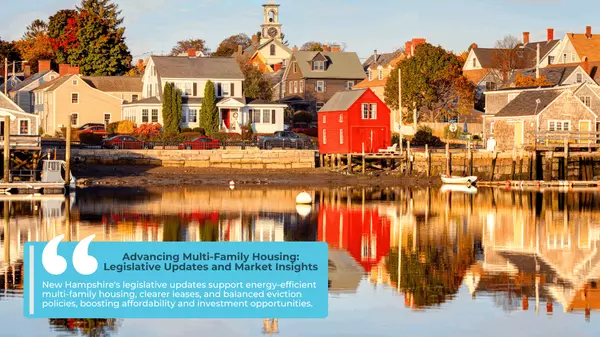
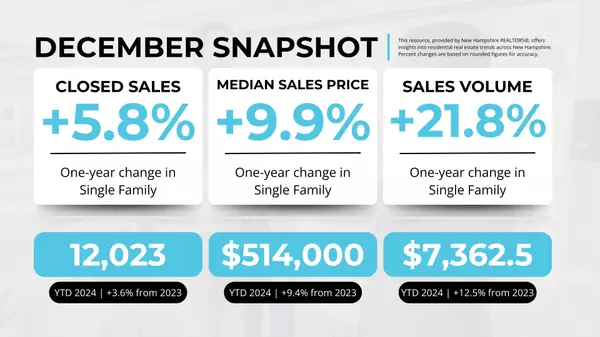
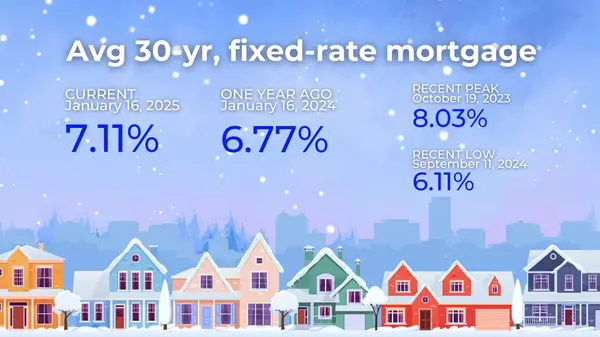
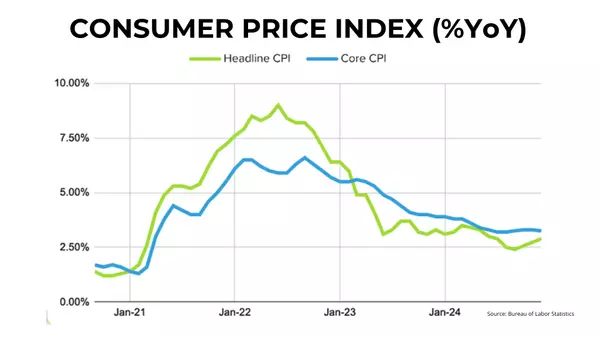
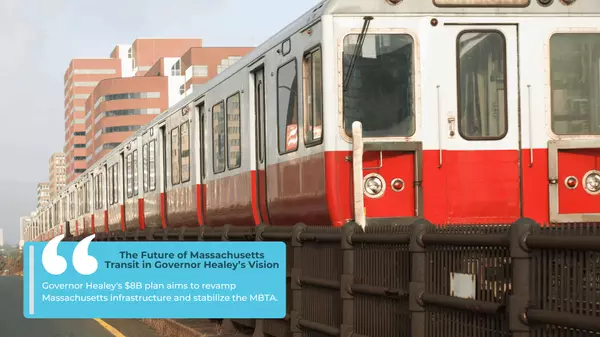
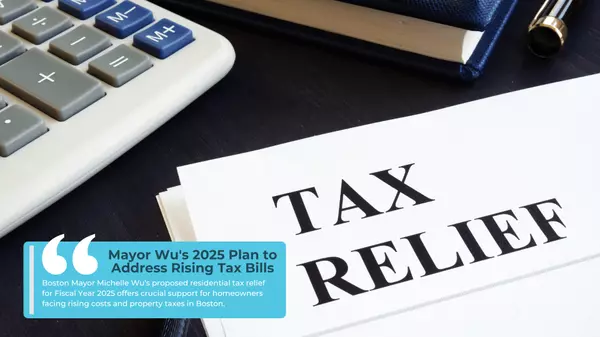
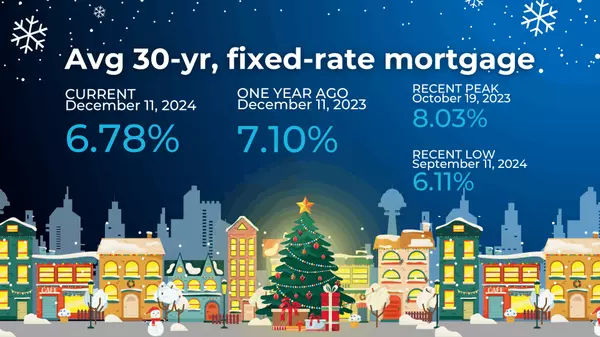
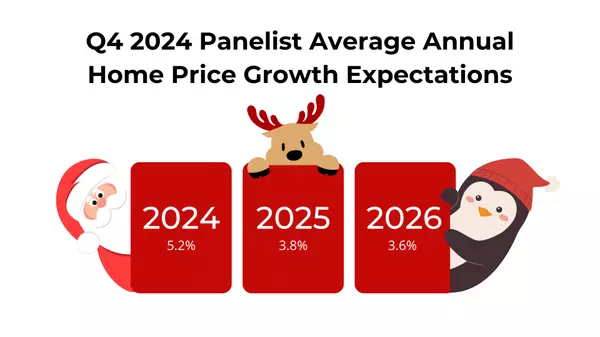
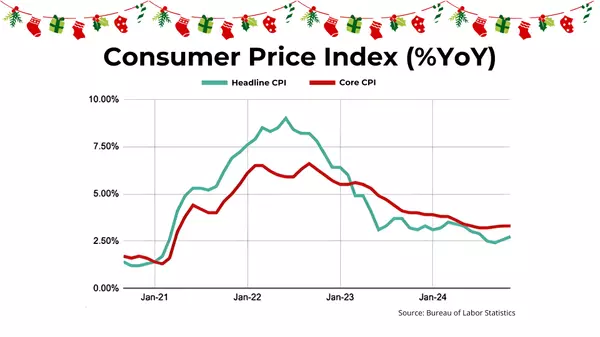
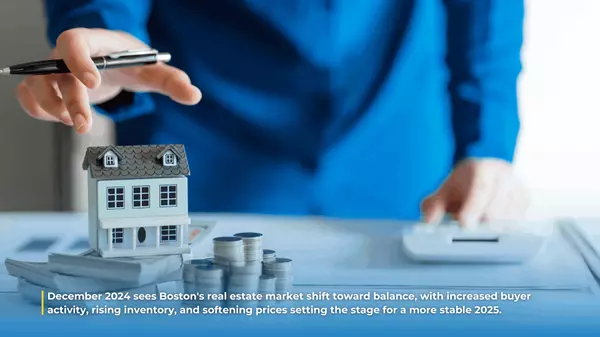
GET MORE INFORMATION

